Table of Contents
Introduction to Spice Rubs for Shrimp
Discover the perfect spice rub for shrimp that transforms ordinary seafood into restaurant-quality dishes. This guide provides easy homemade recipes, expert techniques, and top-rated commercial blends to maximize flavor while preserving shrimp's natural sweetness.
Simple Homemade Spice Rub Recipe
Make this versatile base rub in under 2 minutes with pantry staples:
- 1 tbsp smoked paprika
- 1 tsp garlic powder
- 1 tsp onion powder
- 1 tsp dried oregano
- 1 tsp sea salt
- 1/2 tsp black pepper
- 1/2 tsp cayenne (adjust for heat)
Pro Tip: For best results, mix ingredients in a bowl, then rub evenly over shrimp 15-30 minutes before cooking. This allows flavors to penetrate without making shrimp mushy.
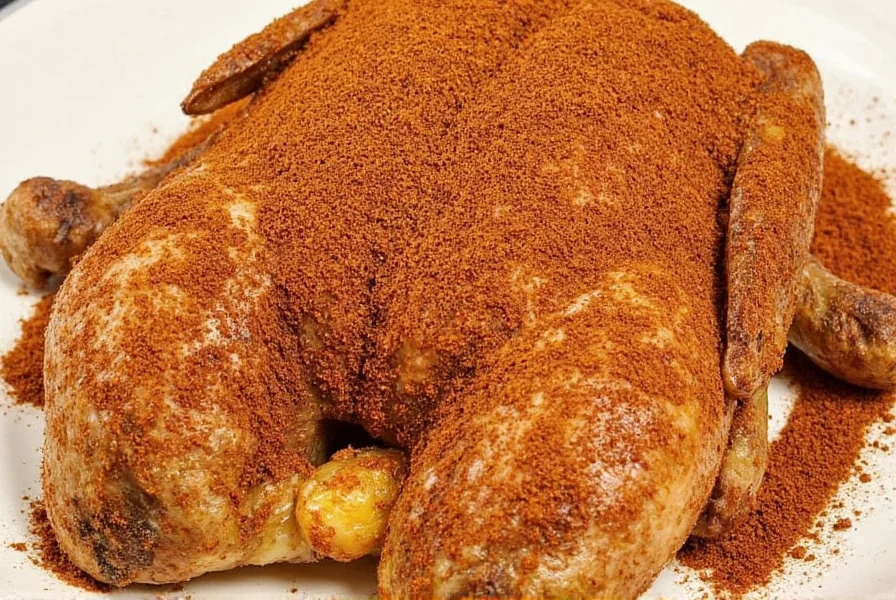
| Spice Rub Type | Flavor Profile | Best Cooking Method |
|---|---|---|
| Smoky BBQ Rub | Earthy, sweet, with deep smokiness | Grilling or smoking |
| Garlic Herb Rub | Fresh, aromatic, clean finish | Pan-searing or steaming |
| Spicy Cajun Rub | Fiery, zesty, complex heat | Deep frying or boiling |
| Lemon Pepper Rub | Citrusy, bright, refreshing | Broiling or air frying |
| Asian Fusion Rub | Savory, umami, ginger-forward | Stir-frying or grilling |
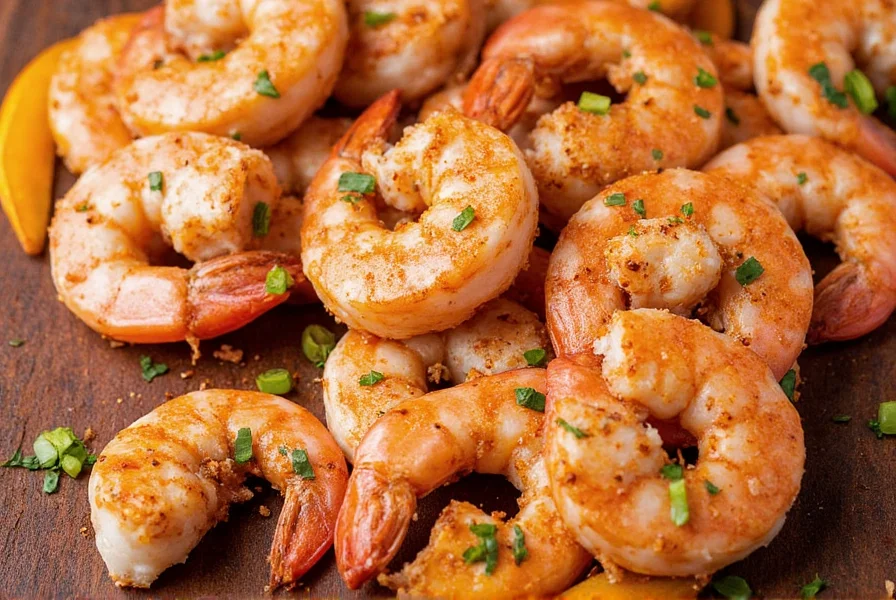
Top 5 Spice Rub Types for Shrimp
1. Smoky BBQ Rub
Combine smoked paprika (2 tbsp), brown sugar (1 tbsp), chili powder (1 tsp), garlic powder (1 tsp), and cumin (1/2 tsp). Ideal for grilled shrimp skewers - creates caramelized crust while keeping interior tender.
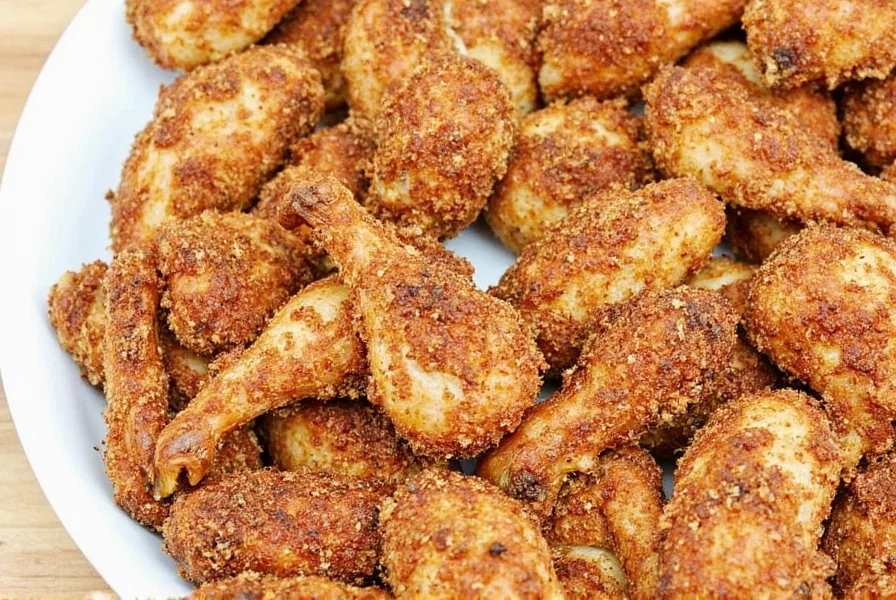
2. Lemon Pepper Rub
Mix lemon zest (1 tbsp), cracked black pepper (1 tbsp), garlic powder (1 tsp), and sea salt (1 tsp). Perfect for quick pan-seared shrimp that pairs beautifully with white wine sauces.
3. Spicy Cajun Rub
Blend paprika (2 tbsp), cayenne (1 tsp), garlic powder (1 tsp), onion powder (1 tsp), thyme (1/2 tsp), and oregano (1/2 tsp). Best for shrimp boils or fried applications where bold heat shines.
10 Pro Tips for Perfect Shrimp Rubs
- Don't oversalt: Shrimp naturally contain salt - use only 1/2 tsp salt per pound unless using unsalted rubs
- Apply before cooking: Always rub spices on raw shrimp, not after cooking
- Marinate time: 15-30 minutes max for fresh shrimp; frozen shrimp can marinate 1 hour
- Heat control: For high-heat cooking, reduce cayenne by 50% to prevent burning
- Oil first: Lightly coat shrimp with olive oil before applying rub for better adhesion
- Storage: Keep homemade rubs in airtight containers away from light for up to 3 months
- Pairing: Match rub intensity to cooking method - delicate shrimp need lighter rubs for steaming
- Texture: For crispy results, pat shrimp dry before applying rub
- Experiment: Try adding 1 tsp of dried citrus peel for brighter flavor profiles
- Testing: Cook a single shrimp first to adjust seasoning before preparing full batch
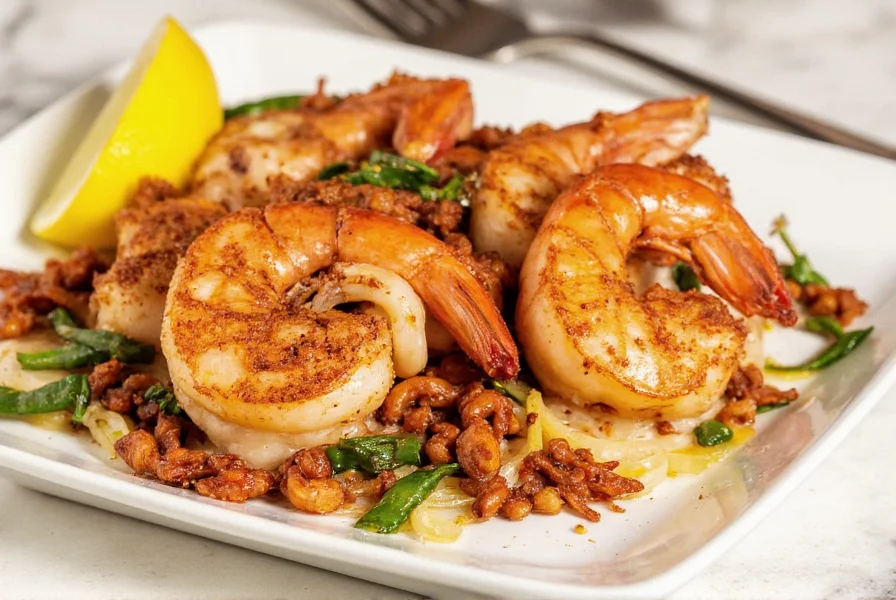
Best Pre-Made Spice Rubs for Shrimp
1. McCormick Smoked Paprika Rub
Why it works: Authentic smoked paprika base with balanced heat. Perfect for beginners. Best for: Grilled shrimp, seafood tacos, and quick weeknight meals. Pro Tip: Mix with 1 tbsp melted butter for easy basting.
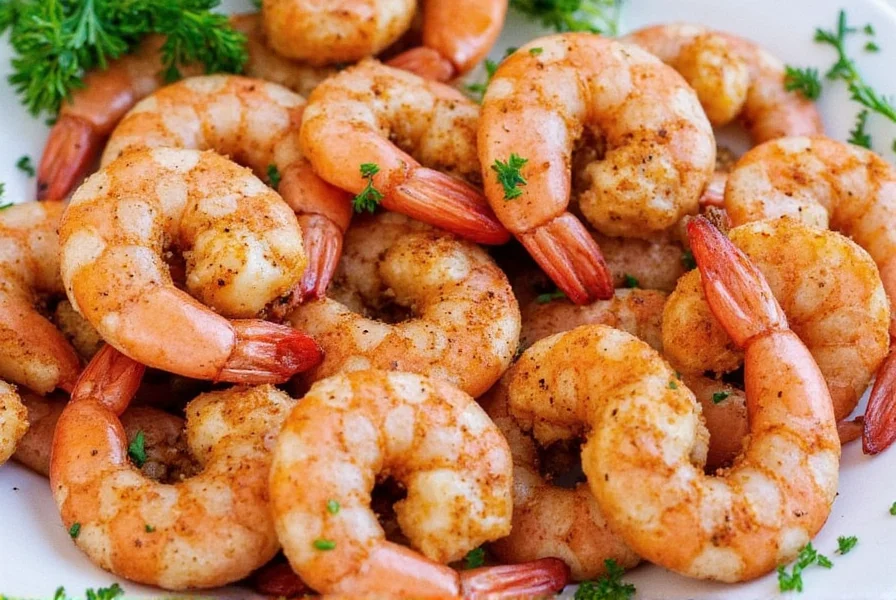
2. Penzeys Spiced Maple Rub
Why it works: Unique sweet-smoky balance from real maple sugar and cinnamon. Best for: Glazed shrimp, roasted seafood, and holiday dishes. Pro Tip: Use 50% less than other rubs - its concentrated flavor delivers maximum impact.
Frequently Asked Questions
How long should I marinate shrimp with a spice rub?
For best results, marinate shrimp 15-30 minutes. Shrimp absorb flavors quickly and become mushy if marinated longer than 1 hour. For citrus-based rubs, limit to 10-15 minutes to prevent "cooking" the shrimp.
Can I use the same spice rub for other seafood?
Absolutely! Most shrimp rubs work well with scallops, firm fish fillets, and crab. Adjust quantities: delicate seafood like scallops need 25% less rub, while thicker fish can handle full application. Avoid using spicy rubs on very delicate shellfish like oysters.
What's the difference between dry rub and marinade for shrimp?
Dry rubs create a flavorful crust through direct application and high-heat cooking, while marinades (with oil/acid) tenderize and penetrate deeper. For shrimp, dry rubs are preferred because they create beautiful caramelization without making shrimp watery. Shrimp don't require tenderizing like tougher meats.
Conclusion
Mastering spice rubs for shrimp transforms simple seafood into extraordinary dishes. Whether you make your own blend or choose a premium commercial option, the key is matching the rub's intensity to your cooking method and shrimp's natural sweetness. Start with our basic recipe, experiment with the top 5 types, and remember: less is often more when seasoning delicate shrimp.
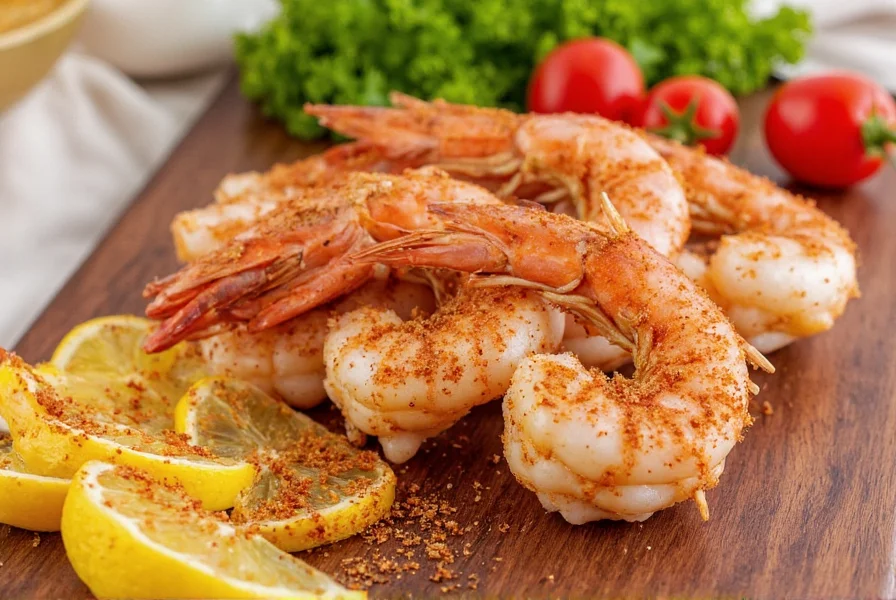
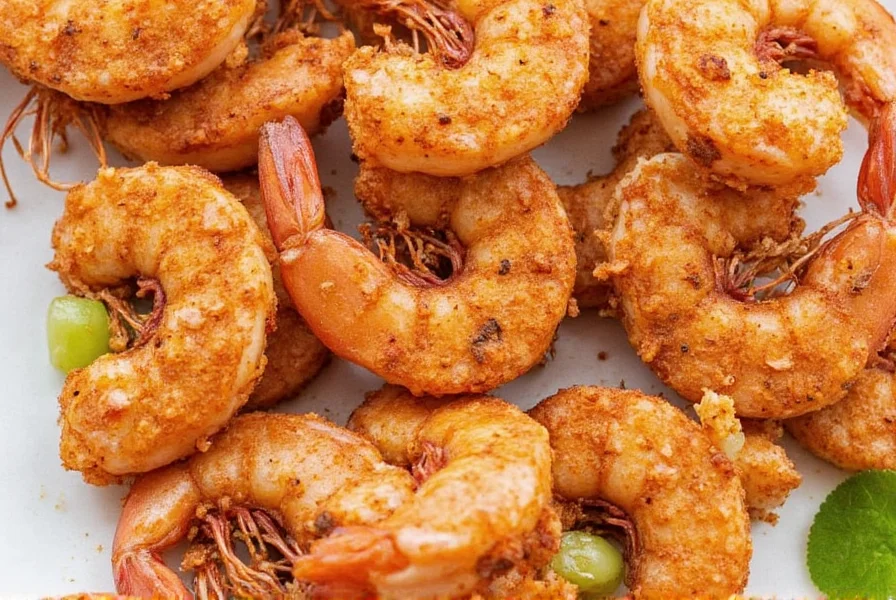
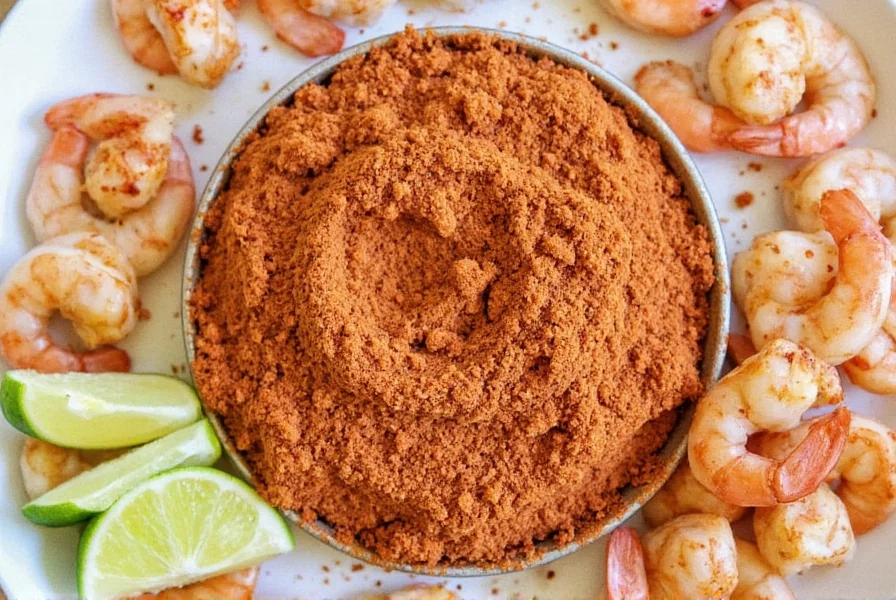
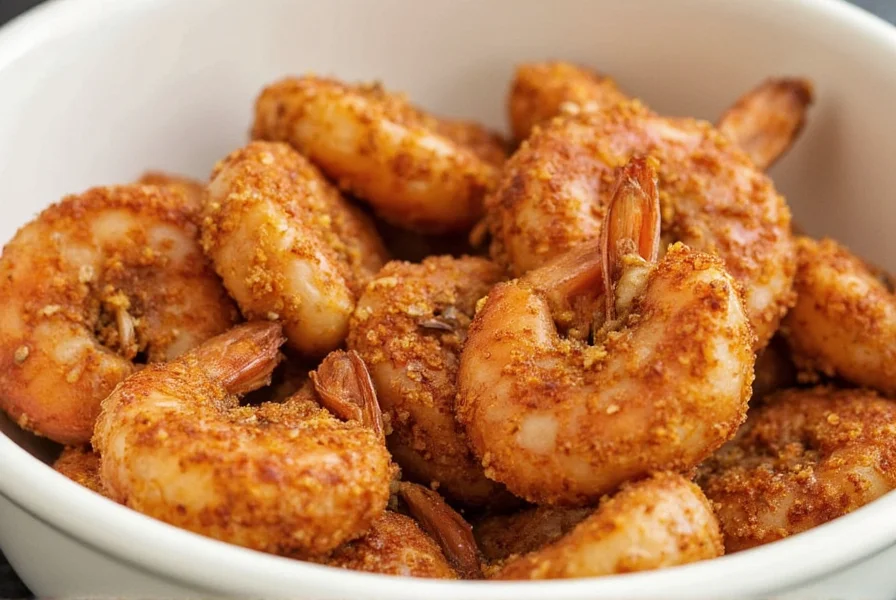
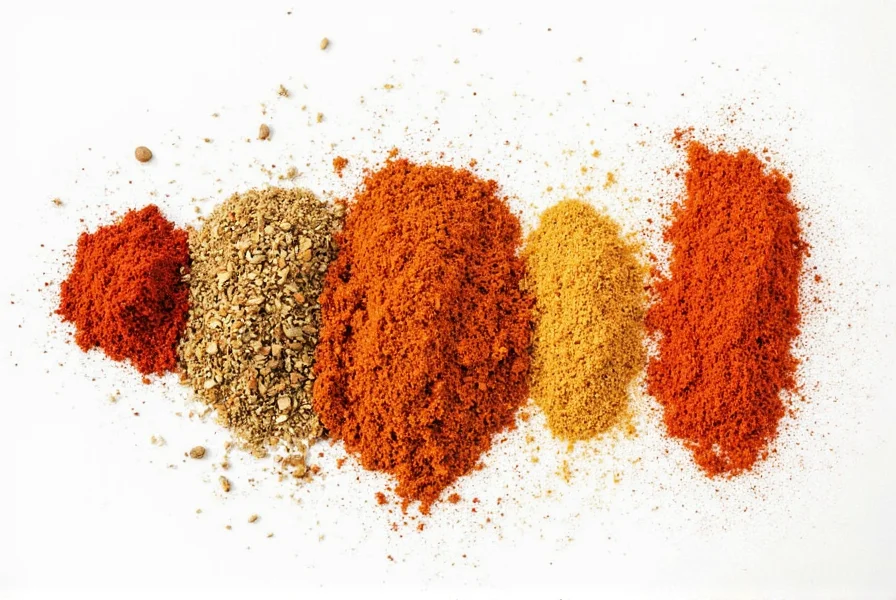

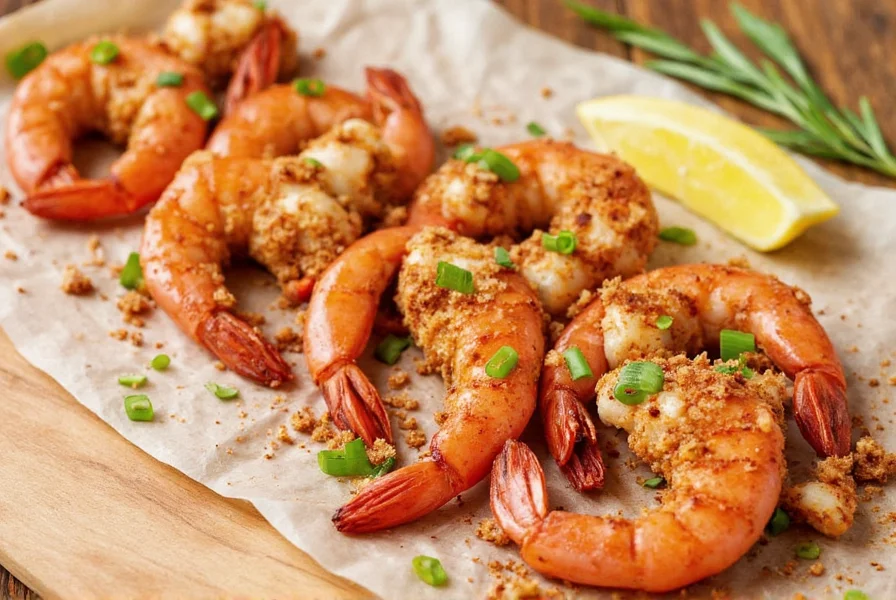









 浙公网安备
33010002000092号
浙公网安备
33010002000092号 浙B2-20120091-4
浙B2-20120091-4